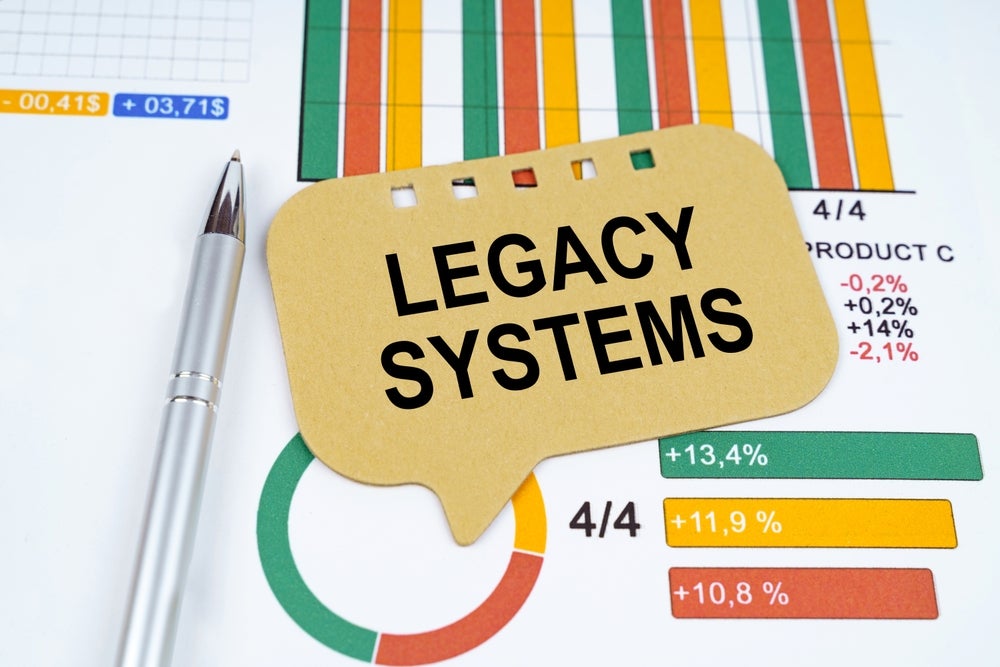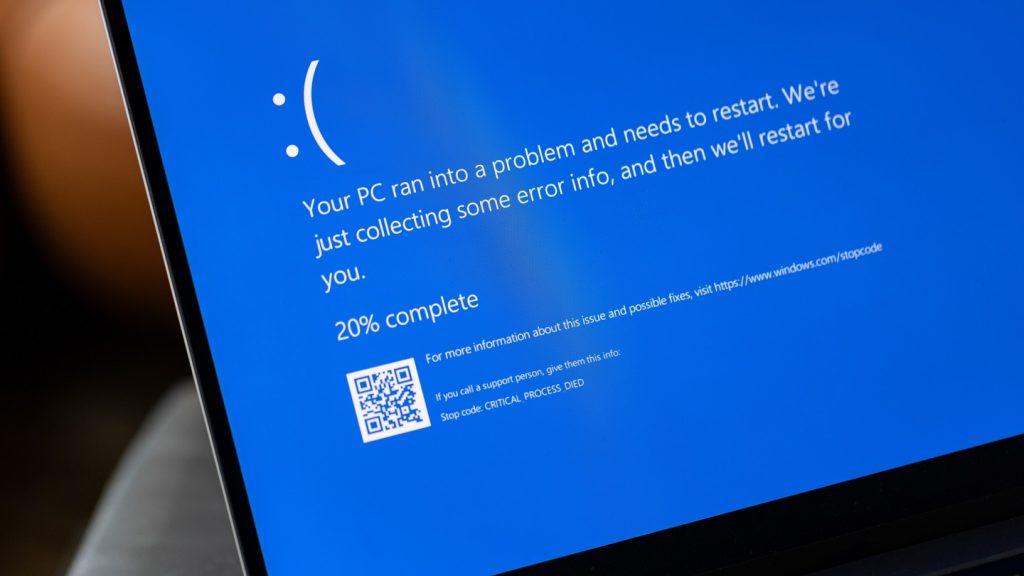As the insurance industry develops and makes use of new technologies, many firms find themselves weighing up the risks and rewards of upgrading from legacy systems and tech. Andrew Harrington writes
While ditching outdated technology in favour of newer solutions may seem costly upfront, persisting with antiquated systems often proves more financially and operationally costly over time. The benefits of modernising also heavily outweigh the short-term costs, giving organisations who invest in their technology a competitive advantage.
Crucially, keeping technology up to date and streamlined improves consumer experience. While this has always been key, the FCA’s Consumer Duty implementation has brought consumer protection into even sharper focus over the last 12 months. Easy to use technology can and will make the difference when it comes to delivering truly consumer-centric products and services. Those who fall behind risk their customers, and ultimately their business.
The costly burden of legacy tech
Although new technology and upgrades may seem inordinately expensive, outdated systems will likely end up costing more over time. The expenses associated with upkeeping legacy systems, including maintenance, regulatory changes and security updates and patches, are incredibly financially draining for businesses. According to PWC, on average about 70% of an insurer’s annual IT budget is spent on maintaining its legacy systems and tech. And these systems increasingly are not fit for purpose.
Continuously deferring the upgrade of older technology creates a mounting burden known as ‘technical debt’. When companies delay necessary updates, this debt accrues, leading to more complex and costly migrations in the future. As competitors embrace modern systems, those shackled by technical debt risk losing the competitive advantage and falling further behind. The longer a company waits to upgrade, the harder and more expensive the transition becomes.
Protecting data
One of the most urgent risks associated with legacy technology is the heightened threat of security breaches. In an era where data protection is paramount, older systems often lack the robust security measures required to fend off sophisticated cyber threats. Insurance companies are prime targets for hackers because they are entrusted with vast amounts of sensitive customer data. Relying on outdated security protocols can leave these companies and their policyholders vulnerable, at risk of costly data breaches and tarnished reputations.
How well do you really know your competitors?
Access the most comprehensive Company Profiles on the market, powered by GlobalData. Save hours of research. Gain competitive edge.

Thank you!
Your download email will arrive shortly
Not ready to buy yet? Download a free sample
We are confident about the unique quality of our Company Profiles. However, we want you to make the most beneficial decision for your business, so we offer a free sample that you can download by submitting the below form
By GlobalDataLegacy systems also suffer from limited compatibility with modern technology and automated systems. For insurance firms, seamless integration of data and systems is crucial for providing efficient services and valuable analytics. Legacy systems risk creating silos of data, hindering collaboration between departments and obstructing opportunities for innovation. Combined, this can hamper a firm’s ability to respond rapidly to market changes and evolving customer demands.
Shadow IT becomes a prominent problem with legacy platforms, where operational departments struggle to fulfil their day-to-day responsibilities with older technology. Businesses are forced to revert to creating off-platform and uncontrolled solutions, which is a high-risk strategy if business critical decisions are being made from basic spreadsheets. The global economic impact of data loss linked to shadow IT is estimated to be in the region of $1.7trn per year, according to findings from an EMC study.
Adaptability
The insurance sector must adapt to ever-evolving regulatory and compliance requirements. Relying on older systems to respond to such changes is more likely to leave companies non-compliant with the latest data protection and financial regulations. As such, insurance businesses risk exposing themselves to severe penalties, and potentially legal action, if they fail to adhere to new compliance standards. Legacy technology often lacks the flexibility and technical capability to adapt quickly, making it challenging to stay on top of regulatory developments.
One of the most significant risks of clinging to legacy technology is missing out on opportunities for innovation and growth. Companies that rely on outdated systems struggle to provide the level of service and personalisation that policyholders now expect. They may miss out on features like real-time reporting, API integrations, pricing algorithms, AI-assisted applications, and advanced customer insights, integrated services, machine learning and even cloud computing in some cases. This stagnation dulls any competitive edge and leads to diminished customer satisfaction.
Entering the digital age
The risks of relying on outdated technology are substantial for insurance companies striving to stay competitive, protect consumers and policyholders, and meet compliance standards in today’s digital landscape. While abandoning legacy systems requires upfront investment, the long-term advantages for security, efficiency, innovation and growth make this a smart financial decision. Given the rising costs and risks associated with technical debt, outdated security protocols, integration challenges and stagnated innovation, migrating to modern solutions is imperative for insurance companies to thrive into the future.
With careful planning and execution, the transition process can be managed smoothly to fully realise the benefits of digitalisation. Without taking the leap, the industry will be left carrying the burden of technical debt and outdated systems for many years to come.
Andrew Harrington is chief information officer at insurtech Ripe








